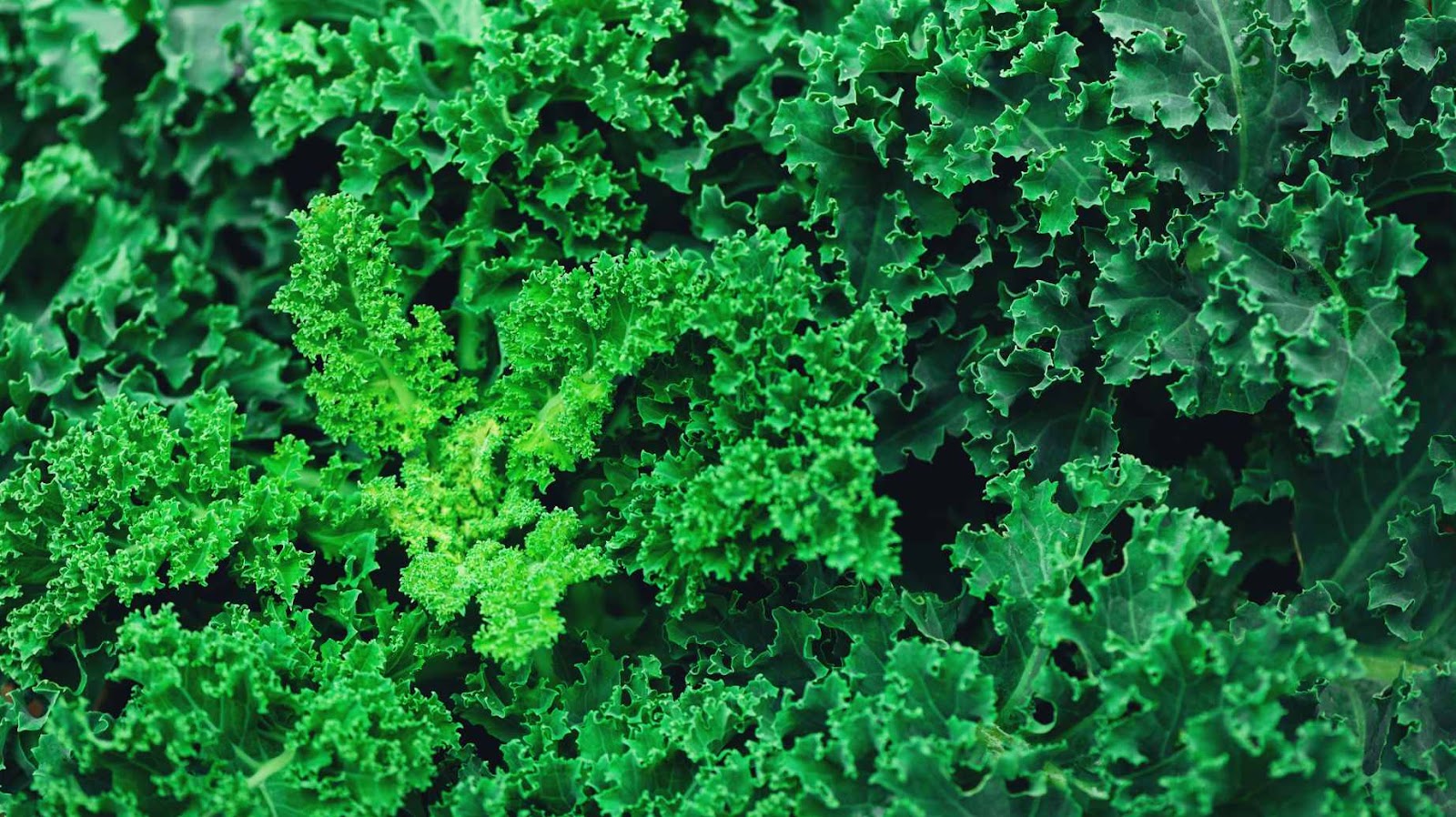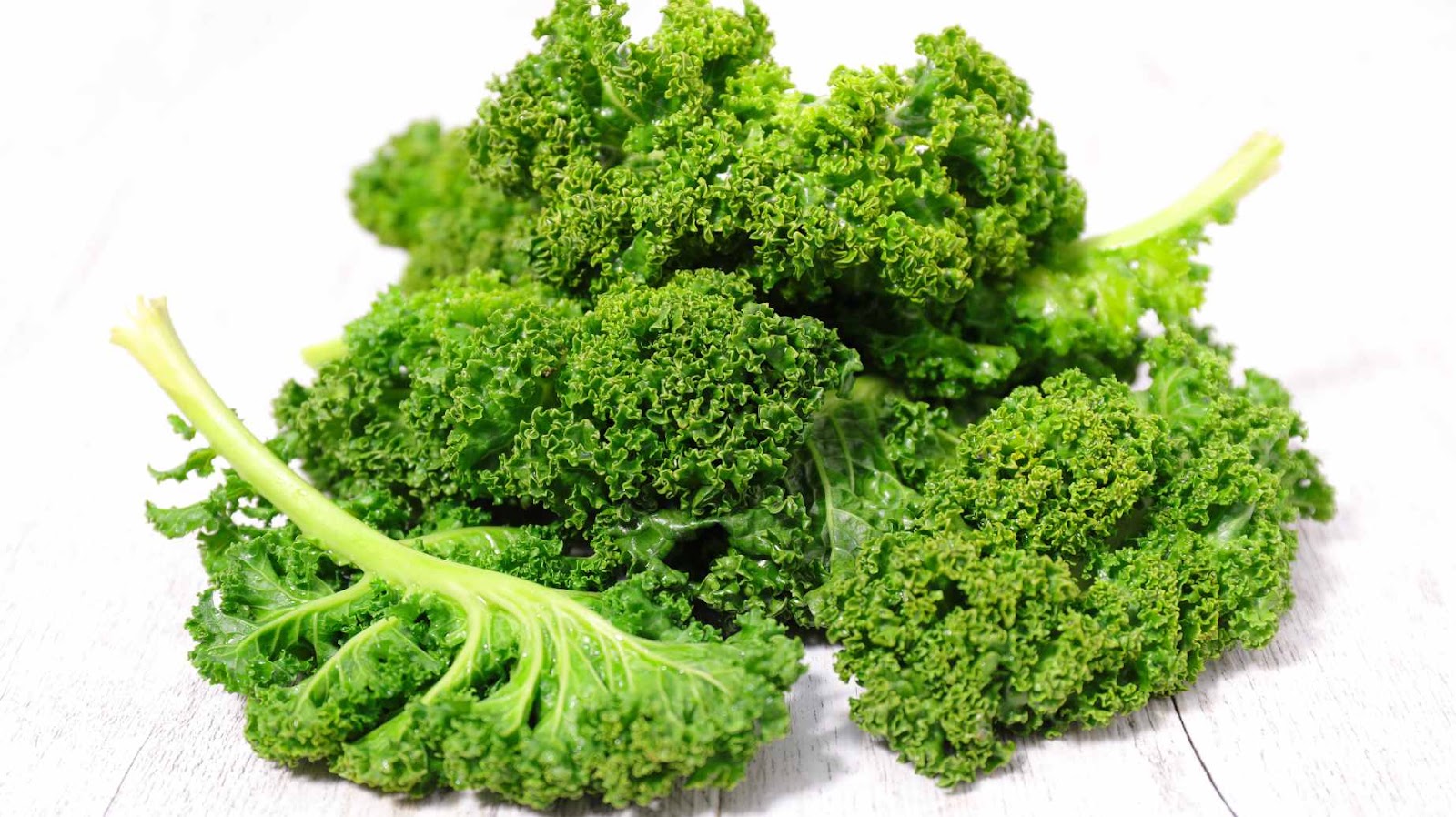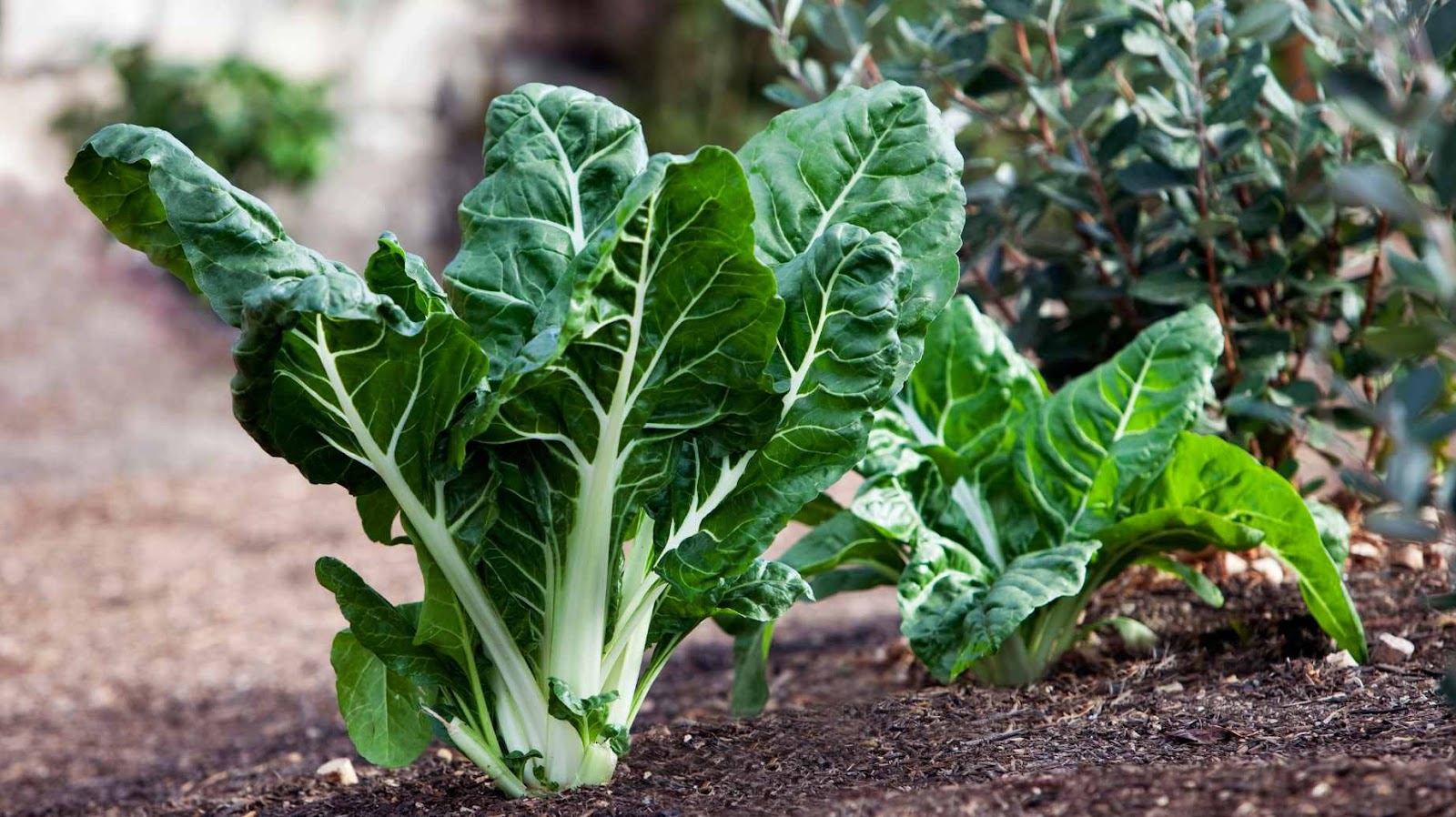Kale is a robust, leafy green that is packed with nutrients. It is low in calories but high in vitamins, minerals, and antioxidants. These nutrients have been linked to a variety of health benefits, such as improved heart health, brain function, and cancer prevention.
Kale belongs to the cabbage family, which also includes Brussels sprouts, collards, and mustard greens. It is one of the most nutrient-dense foods on the planet and is especially rich in vitamins A, C, and K. It also contains manganese, copper, calcium, potassium, and magnesium.
The health benefits of kale are largely due to its nutrient content. Here are some of the key nutrients that make kale so good for you:
Vitamin A: Kale is an excellent source of vitamin A. This vitamin is important for maintaining healthy vision, skin, and immune function.
Vitamin C: Kale is one of the best sources of vitamin C. This vitamin is a powerful antioxidant that helps protect your cells from damage. It also helps boost your immune system and helps your body absorb iron from food.
Vitamin K: Kale is a very good source of vitamin K. This vitamin is important for blood clotting and bone health. It also has anti-inflammatory properties that may help protect against some diseases like cancer.
Manganese: Kale is a good source of manganese. This mineral is important for metabolism, bone health, and wound healing.
Copper: Kale is a good source of copper. This mineral is involved in many biochemical processes in your body including energy production, metabolism,and collagen production。
How Does Kale Taste
Kale is a green leafy vegetable that is part of the cabbage family. It is low in calories, high in fiber and has a high concentration of vitamins and minerals. Kale is a nutrient powerhouse and has been linked to a variety of health benefits.

Vitamins And Minerals
Kale is an excellent source of vitamins A, C, and K, as well as a good source of several other vitamins and minerals.
Vitamin A: Kale is high in beta-carotene, an antioxidant that the body converts into vitamin A. Vitamin A is important for vision, skin health, and immunity.
Vitamin C: Kale is also high in vitamin C, another antioxidant that is important for immunity and skin health.
Vitamin K: Kale contains a high amount of vitamin K, which is important for blood clotting and bone health.
Potassium: Kale is a good source of potassium, which is important for heart health and blood pressure control.
Calcium: Kale contains calcium, which is important for strong bones and teeth.
Iron: Kale contains iron, which is important for energy levels and preventing anemia.

Antioxidants
kale is especially rich in beta-carotene, lutein, and zeaxanthin. These three antioxidants are important to eye health. They can help protect against age-related macular degeneration and cataracts. Kale is also a source of two other antioxidants: quercetin and kaempferol. These are linked to a reduced risk of heart disease, cancer, and inflammation
Fiber
Kale is an excellent source of dietary fiber. In addition to promoting regularity, fiber may also reduce the risk of heart disease and other chronic conditions like obesity and type II diabetes. One cup of kale contains 4 grams of fiber, or 16% of the recommended daily intake for adult men and women (38).
Health Benefits of Kale
Kale is a leafy green vegetable that is packed with nutrients. It is low in calories and fat, and high in fiber. Kale is also a good source of vitamins A, C, and K. It has been shown to offer a variety of health benefits, including improved heart health, reduced inflammation, and improved brain function.
Cancer Prevention
Kale is a leafy green vegetable that belongs to the cabbage family. It is low in calories, high in fiber and has zero fat.
In addition, kale is packed with nutrients. It is a great source of vitamins A, C and K. It also contains minerals, such as iron, calcium and magnesium.
Kale has numerous health benefits. One of them is cancer prevention.
Studies have shown that kale can help protect against various types of cancer, including ovarian, breast and colon cancer.
The antioxidants present in kale play a role in cancer prevention. They help protect the cells from damage and prevent the formation of cancer-causing agents.
Another health benefit of kale is that it helps lower cholesterol levels. The fibers present in kale bind with bile acids and remove them from the body. This helps reduce cholesterol levels and prevents heart disease.
